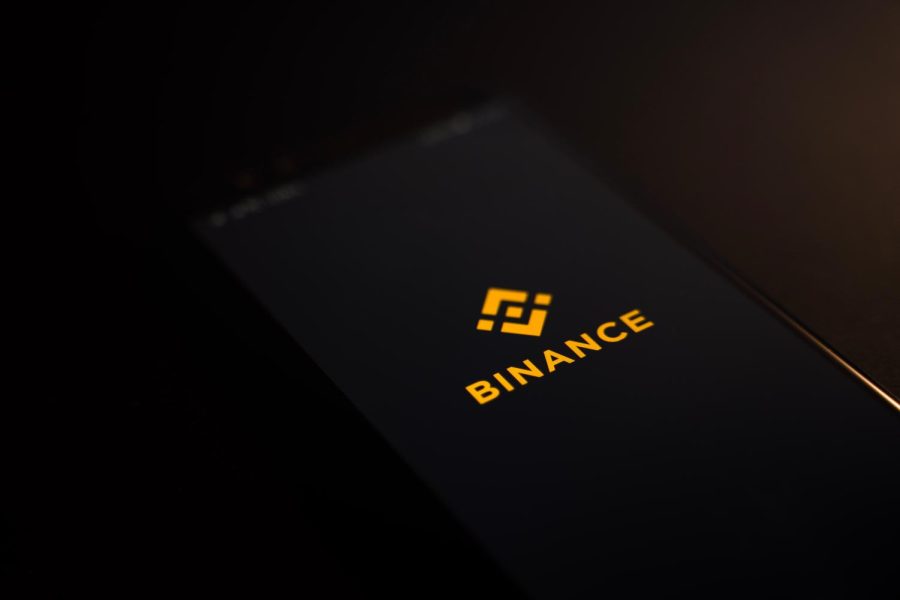Crypto Explained: Binance
What is Binance?
Binance, worth almost $95 billion, is the third-largest cryptocurrency and the world’s largest crypto exchange. It provides an exchange and crypto wallet that accepts more than 500 different cryptocurrencies on its platform. This amount is high compared to competitors like Gemini and Coinbase, which serve around 50 different cryptocurrencies.
What is Binance’s Record?
A trading software developer, Changpeng Zhao, founded Binance. Based initially in China, Zhao moved its headquarters after China banned trading in 2017. Binance launched in 2017 with other well-known cryptos like Ripple (XRP). Two years later, Binance revealed that it was hacked and lost 7,000 Bitcoin (worth around $40 million at the time).
In 2019, Binance was banned in the United States and “faced regulatory scrutiny”, according to Time. In response, other investors opened Binance.US, which could be used legally in the United States. The new version was supported publicly until 2021 when Binance went under investigation by the IRS for tax fraud.
Should I Invest With Binance?
Stay away from Binance. As recently as May 2021, Binance was under investigation by the United States government for tax fraud and money laundering, according to reporting by Bloomberg. Binance is scamming its investors and selling scam coins to investors. These scam coins are very volatile and contain no foundation or partnerships. Also, Binance has a 0.1% trading fee as well as a 0.5% fee for Instant Buy/Sell, which is significantly high. While Binance is well known and trusted by investors, you should not buy with Binance because of its shady tactics and overpriced fees.
*Not a financial advisor. All investment strategies and investments involve risk of loss. Nothing contained in this article should be construed as investment advice. Any reference to an investment’s past or potential performance is not, and should not be construed as, a recommendation or as a guarantee of any specific outcome or profit. The opinions expressed in this article are the author’s own. Harriton Banner does not endorse nor support views, opinions or conclusions drawn in this article and are not responsible or liable for any content, accuracy or quality within the article or for any damage or loss to be caused by and in connection to it.*

Harrison is a senior and is excited for his fourth year at the Harriton Banner. In addition to the Banner, Harrison also runs the Business Journal for...


